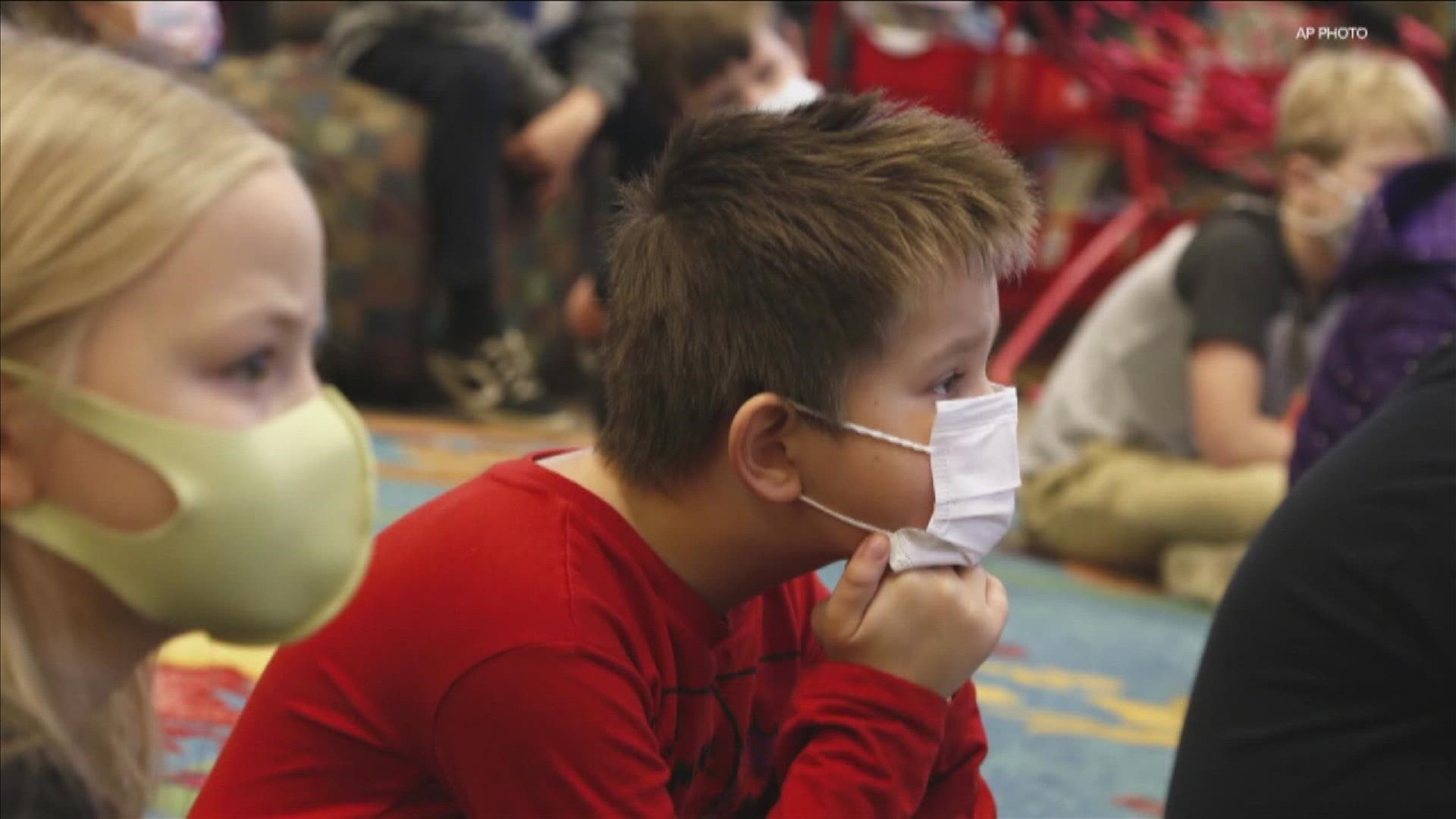MEMPHIS, Tenn. — As students head back to class, many parents may find anxiety issues becoming more of a factor for children.
A new school year, a new location, new people, new learning material, and the unknown can have negative effects on both parents and students.
Experts said parents should be on the lookout for combative or irritable behavior, children avoiding the school bus or doing assignments, or a child who doesn't generally care about school at all.
“I think the first week will probably be fairly high anxiety, and I think if the child is learning to adjust. I think as each week passes by, you'll see the anxiety decrease and you'll see them having fun. School is a fun place for kids so you'll see them having fun and looking forward to going to school every day,” said Dr. Angel Jones, Licensed Program Expert with Youth Villages.
Here are some things experts said parents can do to help their children through the back-to-school anxieties:
- Make sure they are eating and staying active.
- Listen to them and be empathetic.
- Help them solve any problems that arise.
- Parents should pay attention to their own behavior because kids feed off of adult reactions to situations.
In its annual Kids Count Data Book released Monday, the Annie E. Casey Foundation looked at new numbers regarding the mental health of students across the nation.
In more than 40 states and the District of Columbia, children were more likely to encounter anxiety or depression during the first year of the COVID-19 crisis than previously. Data showed from 2016 to 2020, the national figure jumped 26%, from 9.4% of children ages 3-17 (5.8 million kids) to 11.8% (7.3 million).
The research showed nearly one in every 10 Tennessee children are diagnosed with anxiety or depression.
The researchers said racial and ethnic disparities also contribute disproportionately among children of color. Nine percent of high schoolers overall - but 12% of Black students, 13% of students of two or more races, and 26% of American Indian or Native Alaskan high schoolers attempted suicide in the year previous to the most recent federal survey.
And when you look at LGBTQ students across all races and nationalities, the report said 23% in that period attempted suicide, compared to 6% of heterosexual students.
“Mental health is just as important as physical health in a child’s ability to thrive,” said Lisa Hamilton, president and CEO of the Annie E. Casey Foundation. “As our nation continues to navigate the fallout from the COVID crisis, policymakers must do more to ensure all kids have access to the care and support they need to cope and live full lives.”
Read and review all the data from The 2022 KIDS COUNT® Data Book at https://www.aecf.org/resources/2022-kids-count-data-book.

